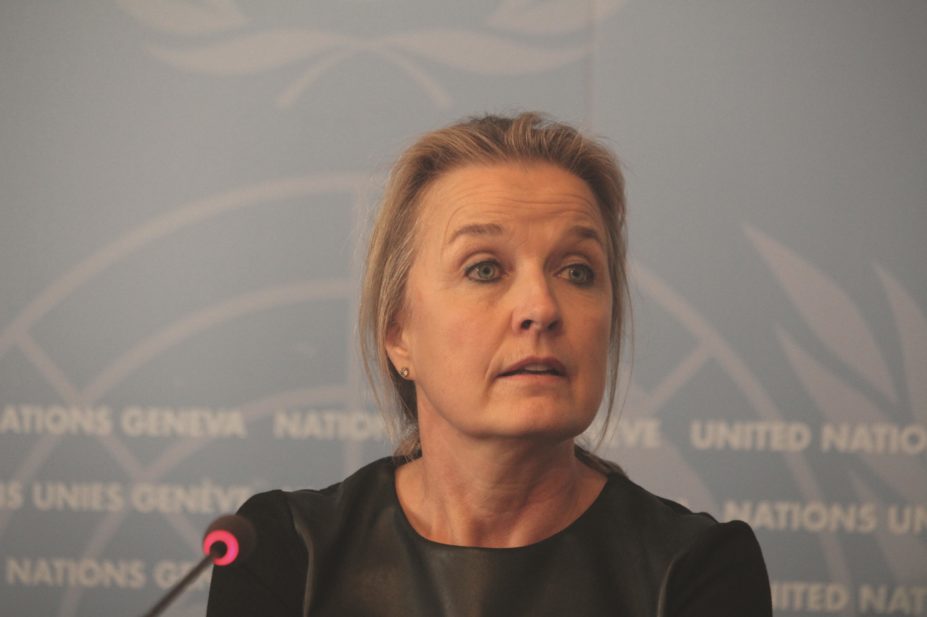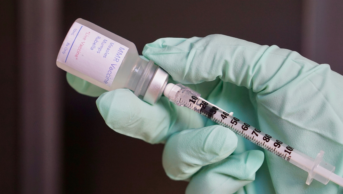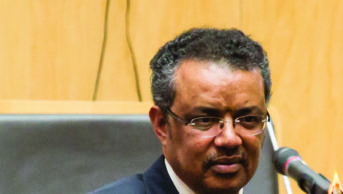
John Zarocostas
The World Health Organization (WHO) is appealing for more than US$1bn to support its efforts to meet the health needs of 21 million people caught up in humanitarian emergencies in Syria, Iraq, the Central African Republic and South Sudan.
WHO representatives from the four countries were in Geneva to brief diplomats from 57 donor countries.
For Syria, where 12.2 million people need humanitarian health support, the appeal is seeking US$687m for the health sector.
“We are still having huge challenges in reaching the people, particularly in besieged areas,” Elisabeth Hoff, WHO country representative in Syria, said in a news conference in Geneva on 24 February 2015.
“We have 2.7 million people residing in Islamic State-controlled areas, and also have 4.8 million people living in general hard to reach areas,” she noted.
Despite the ongoing violence in war-torn Syria, WHO and its partners are delivering life-saving medicines to millions of people, many residing in hard to reach areas, including those under Islamic State rule, but the humanitarian situation “is deteriorating”, Hoff warned.
Asked about access in Islamic State areas, Hoff said: “This is a common challenge”, not only for the WHO, but for all United Nations (UN) agencies, to reach, particularly al-Raqqa governorate. But she added that WHO has received some requests from these areas via ‘focal points’.
WHO has 29 focal points — either doctors or pharmacists — spread across Syria, and also in areas under IS control, and they are reporting the needs in these areas, Hoff said.
“There have also been IS contacting our focal persons, asking them for help with medicines,” she added.
As the UN is not welcomed in the IS areas, Hoff said, there have been deliveries in certain areas by the Syrian Arab Red Crescent (SARC) and also directly by some non-governmental groups (NGOs) that have access.
Overall, WHO is working with 56 NGOs and, of these, 26 have access in difficult areas, she noted.
In 2014, WHO delivered medicines and supplies to treat over 13.8 million people in Syria, of which 32% were delivered to opposition areas, according to a draft WHO annual report on Syria.
They included anaesthetics, treatments for cardiovascular diseases, blood products, antibiotics, immunosuppresants, analgesics and insulin treatments, it says.
WHO also provided technical support to vaccinate 2.9 million children against polio and 1.1 million against measles, and donated 2.2 million aquatabs and 1.1 million chlorine sachets.
Moreover, it also distributed 558,000 litres of intravenous fluids, procured and distributed 30,000 doses for kidney transplant patients and donated 2,190 factor VIII vials for haemophilia patients in public hospitals and safety kits to screen 500,000 blood bags.
Over 34,550 dialysis supplies were administered and 39 dialysis machines distributed, the draft report adds.

